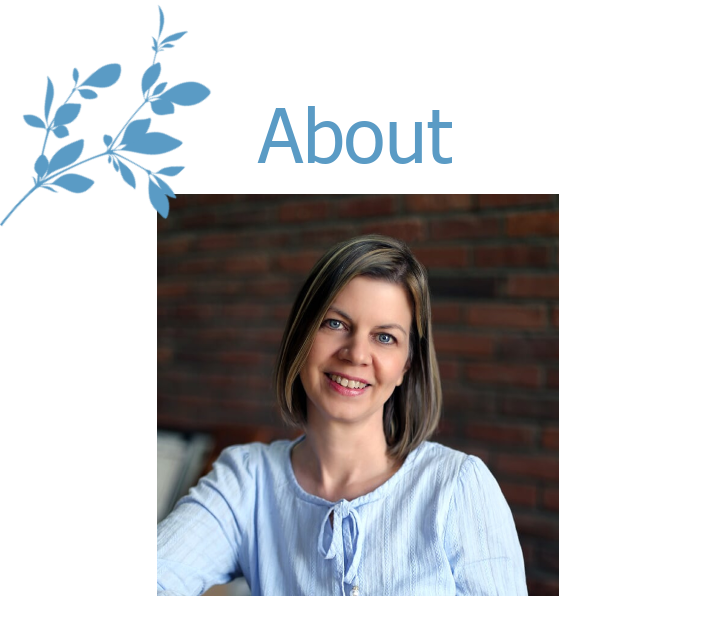Everyone who blogs has a decision to make. How much information about one’s life is too much? Where does one draw the line between what is publishable and what is personal?
I have made a decision.
Last week, I experienced my third miscarriage. I didn’t even know at first that I had, until ultrasound confirmed no “products of pregnancy” remained. The first time was a blighted ovum. Although the fetus didn’t make it past six weeks, the sac continued to develop, so what finally had to be delivered was more like a 10-week pregnancy.
 The second miscarriage was different too, because once ultrasound confirmed the lack of a heartbeat, I took some herbal preparations to hurry along the “delivery.” I didn’t want to wait around for the inevitable. I wanted it over, and quickly. I won’t do that again, though. I lost so much blood in one day, I nearly passed out, and it took me two weeks afterward to feel normal again. Not that I feel normal now.
The second miscarriage was different too, because once ultrasound confirmed the lack of a heartbeat, I took some herbal preparations to hurry along the “delivery.” I didn’t want to wait around for the inevitable. I wanted it over, and quickly. I won’t do that again, though. I lost so much blood in one day, I nearly passed out, and it took me two weeks afterward to feel normal again. Not that I feel normal now.
We made a decision this time not to tell everyone we had conceived. We’d never made a secret of our pregnancies early on, but this time we felt it was important to protect our children, just in case. Even admitting that bothers me. We weren’t preparing for failure. And yet it happened. I can hardly believe it.
I conceived and carried each one of our three children with relative ease. The first miscarriage came out of nowhere and blindsided me, and I assumed it was a fluke. During the time I was having children, when I’d hear about someone who’d had a miscarriage I’d wonder, “How can she keep trying? What does that kind of disappointment do to a woman?”
I even wrote about miscarriage in After the Snow Falls. At the time, I had a lot of research to do to find out what it was like, what kinds of things doctors would be expected to say, what kinds of treatments my character might pursue. It was odd editing those portions of my story in the last week while I faced the same symptoms–for the third time.
But why talk about it? Why publish it here on my blog? Because I realized in talking about it after the first miscarriage how many women it affects. My first miscarriage happened while we were spending a week at family camp. We were surrounded by friends we get together with every year, friends who have been there to see each stage of my children’s lives, and to follow the unfolding events of our lives as we made the decision to go to China–friends I can confide in. As I did so, many women told me of their miscarriage experiences.
The strange thing is, although this is a pain many women share, few talk about it openly. It is this strange secret because it often happens before we have told people we’re even pregnant. As it did this time, to me.
And I didn’t tell my children. So I couldn’t explain to them why the progesterone supplement I was taking was making me dizzy and tired all day, why the many trips for blood tests and ultrasounds, why I have felt so strange since we returned from the hospital on Thursday and found out nothing was there, and it’s happened again.
But I’m saying something for another reason too. Despite the fact that miscarriage happens all the time, I do not believe it represents life as it was intended. And I believe there are answers out there as to why it happens. There is a strange phenomenon in women’s medicine. Something “wrong” can happen in our bodies, but medicine is content not to have an answer for that. I don’t think that’s okay, and I wanted to say so. And I’m going to continue to say so, and join some of the rare voices in medicine that are saying so too. Those voices tend to find each other, and so maybe I’ll be an encouragement to someone in this process, and maybe just maybe, someone will encourage me too.




Carey, First I am so sorry that you are going through this again. I will be praying for you and your husband. Second, thank you for sharing this with us. I hope that it will help bring healing for you and be a comfort for others who are going through the same thing.
Thanks for the kind thoughts, Cindy.